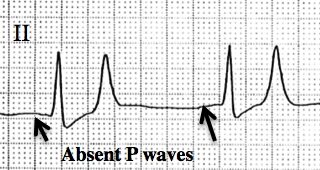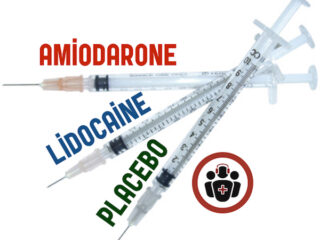cardiology emergency medicine
Episode 88 – DOACs Part 1: Use and Misuse
As we get better at picking up thromboembolic disease, and the indications for Direct Oral Anticoagulants (DOACs) widen, we're faced with increasingly complex decisions about when to start these medications, how to start them, when to stop them and how to manage bleeding associated with them. There’s a lot that we need to know about these drugs to minimize the risk of thromboembolism in our patients while at the same time minimizing their risk of bleeding...










